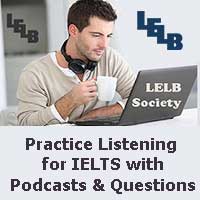Acclivity Definition in Context with Images
Acclivity definition in context with images and antonyms from the book, Vocabulary for the College-bound Student. Learn the word, acclivity, in authentic short passages and text-to-speech carefully illustrated. /əˈklɪvɪti/ (noun) Acclivity definition an upward slope usually on a hill which is the opposite of declivity as a downward slope, elevation, mound Example There is an …





